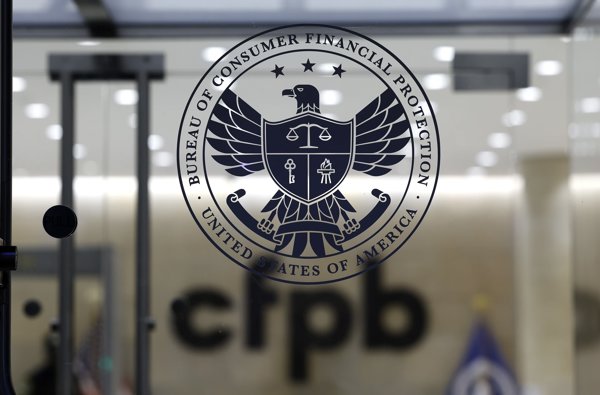
Senate Parliamentarian Nixes GOP Provisions in Budget Bill
Key Republican proposals in Trump’s sweeping budget bill face removal after Senate rules review, delaying passage.
Parliamentarian Scrutiny Halts Multiple Provisions
Several high-profile provisions in the Senate GOP’s version of President Donald Trump’s budget bill have been deemed ineligible for inclusion following a meticulous review by the Senate parliamentarian. The decision comes as Republicans pursue a budget reconciliation strategy to pass a wide-ranging, partisan legislative package without Democratic support.
The bill, nicknamed the "big, beautiful bill," has undergone what’s known as a “Byrd Bath,” a process in which the parliamentarian examines each component to ensure compliance with the Senate’s Byrd Rule. This rule requires that all provisions within a reconciliation bill directly relate to federal spending or revenue and not constitute extraneous policy changes.
Senate Parliamentarian Elizabeth MacDonough, after evaluating sections from the Banking, Environment and Public Works, and Armed Services committees, identified multiple policies that failed the Byrd Rule’s requirements. Among the most notable was a provision aimed at eliminating funding for the Consumer Financial Protection Bureau (CFPB), a long-standing GOP target, which would have effectively shuttered the agency and slashed $6.4 billion in federal spending.
In addition to the CFPB provision, attempts to impose guardrails on the $150 billion in Defense Department funding included in the package also did not pass muster. These provisions would have required Pentagon officials to provide detailed spending plans by set deadlines or face funding reductions. Other rejected items included cuts to the Financial Research Fund, structural changes to the Public Company Accounting Oversight Board, and modifications to Federal Reserve employee pay schedules, which collectively were projected to save more than $2 billion.
Environmental measures established under the Biden administration’s Inflation Reduction Act also faced scrutiny, with proposals to repeal tailpipe emissions standards for vehicles manufactured in 2027 and later years being struck down for failing the Byrd Rule test.
Political Stakes and Next Steps
The parliamentarian’s rulings mean that if Senate Republicans wish to move the bill forward using reconciliation—which allows passage by a simple majority—they must strip all non-compliant provisions. Should they retain any ineligible items, the bill would be subject to a 60-vote threshold, effectively requiring Democratic cooperation. While provisions ruled out by the parliamentarian may be appealed, Senate Majority Leader John Thune has indicated he does not plan to overrule the parliamentarian’s findings.
Democrats have vowed to use the Byrd Bath review to delay and challenge the bill, exploiting procedural vulnerabilities to slow its momentum. GOP leaders, meanwhile, remain determined to deliver the final package to President Trump’s desk by July 4, though the process now faces new hurdles and possible delays.
As negotiations continue, the Senate Banking Committee, led by Tim Scott, R-S.C., expressed commitment to “cutting wasteful spending at the CFPB” and working with the parliamentarian on compliant measures. The ongoing review highlights the challenges of navigating Senate rules while advancing partisan legislative priorities, especially when seeking to bypass the filibuster through reconciliation.
The fate of the remaining provisions will determine the bill’s final shape and the speed at which it can advance. With critical funding, regulatory changes, and political stakes on the line, the Senate faces a pivotal period as lawmakers debate the limits of budget reconciliation and the future of key federal agencies and programs.






